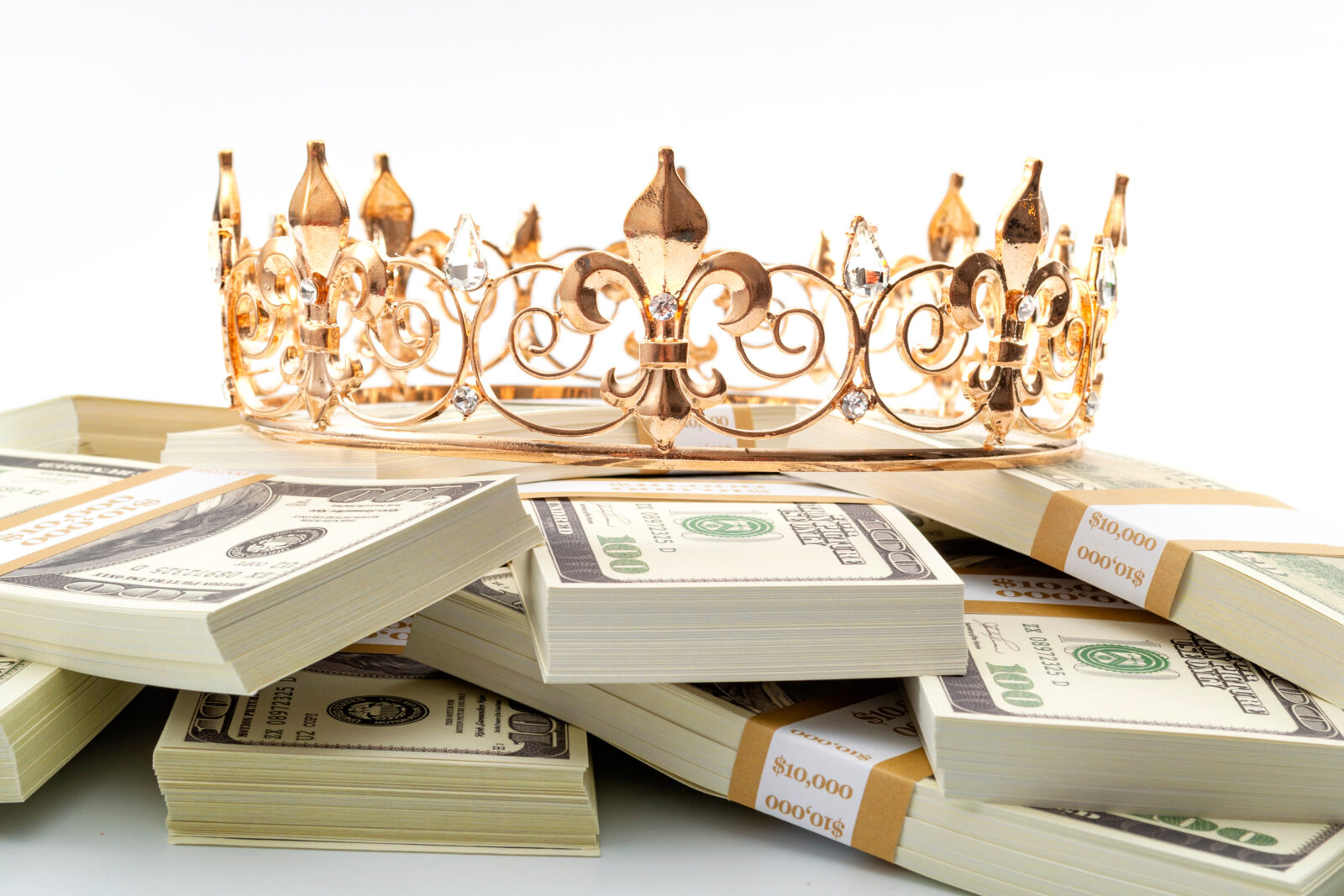
Cash is King
Cash is King…Especially in a Divorce!
I pick up the phone only to hear a very familiar story – “I’ve been married 25 years, and my husband has filed for divorce. I have not worked for some time as I have stayed home raising our children over the years. My husband left and has withdrawn most of the money in the account and I have a mortgage due in a couple of weeks not to mention other obligations. What can I do?”
I know exactly the fear one feels when going through a divorce. After being married 17 years with three children, I found myself going through a difficult transition that I thought only happened to other women. I made virtually every mistake one could make when divorcing. Hence my passion for what I do today. I provide a workshop on every second Saturday of the month for women going through divorce (www.AustinDivorceWorkshop.com). Information is provided by a professional family law attorney, a marriage and family therapist, and me, a financial advisor trained specifically in divorce issues. I inform attendees of ten financial pitfalls you want to try and avoid. Much of the time women have no choice and are thrown into the divorce process without much notice. I never advocate divorce, but rather try and empower women to take control of their financial future regardless of their situation. Most women wait until a life transition—divorce, death of a spouse or parent, career change or retirement—before they decide to get smart about money. My most important message to women is NOT to wait for a life transition before getting smart about money. Every day I am speaking to more and more women who ARE getting wise and taking control of their financial future.
This article will let you know what financial pitfalls you or someone you care about need to avoid if ever you go down that road to divorce. Moreover, these tidbits of information provided here and in the future are wonderful to help strengthen one’s marriage or partnership. Our society and culture have given men the title of being the “breadwinner” and therefore the money manager/investor in the family. As a partner in a relationship, the lines of communication need to be open for a healthy and happy relationship.
Regarding a divorce, it is especially important, because you want an account that cannot be “cleaned out”. I am not telling you to hide money, because you will have to disclose all your assets during the inventory process. You just need an account that only has your name on it. Divorce is a cash-hungry situation. Cash equates to power and independence during this time. During a divorce, everything seems to cost more and takes longer than you expect. Some of the costs include court filing fees, legal expenses, duplicate living expenses for the spouse who leaves the home, transportation between homes for the children, costs incurred to make yourself feel better, and many other items. Remember, that the money previously used to support one household must now stretch to support two. For this reason, you will need to accumulate cash.
Where can you get this cash?
- Savings Accounts
- Brokerage Accounts
- Credit Cards (costly, consider multiple uses)
- Home Equity Loans (be careful here, too!)
- Family, friends
- IRA (last resort; 10% penalty if you are not 59 ½ years old, plus taxes)
Keep the cash readily accessible. Do not be tempted to put your cash reserves in products that tie up your cash and limit your access to the funds. Keep in mind that the purpose of these funds is to give you cash for use in the difficult and expensive time of divorce.
I know it can sometimes be difficult to come up with cash. Actively save from each paycheck and any additional income sources. Cut back on your expenses where possible to stash cash. Unfortunately, those cutbacks in lifestyle may be permanent, as it is nearly impossible to support two households with the same income that supported one household.
In conclusion, navigating the financial complexities of a divorce can be daunting, but being prepared is key. It is crucial not only to safeguard your immediate financial needs but also to lay a foundation for your future stability. Start today by educating yourself about finances, setting aside emergency funds, and maintaining open lines of communication about money within your relationships. By taking these steps, you empower yourself to face any life transitions with resilience and confidence, ensuring that you are financially prepared for whatever the future holds. Remember, the best time to get smart about your finances is now—not during a crisis.



